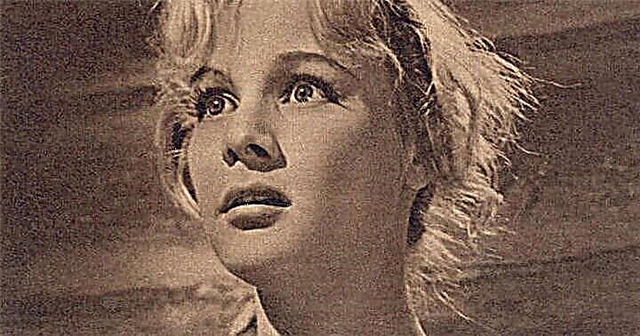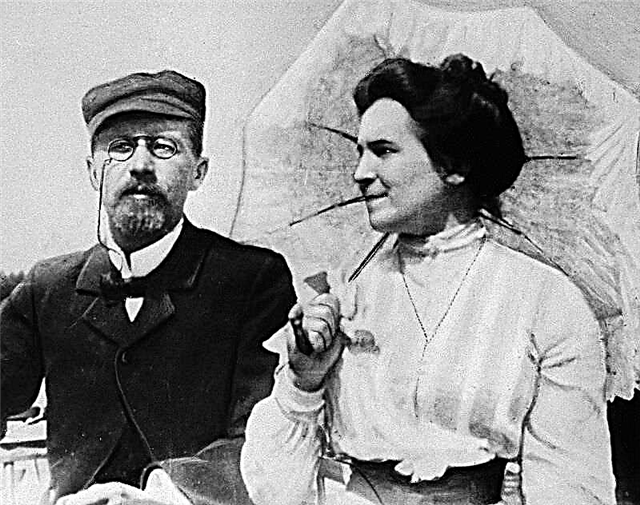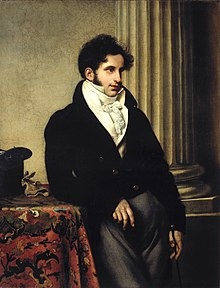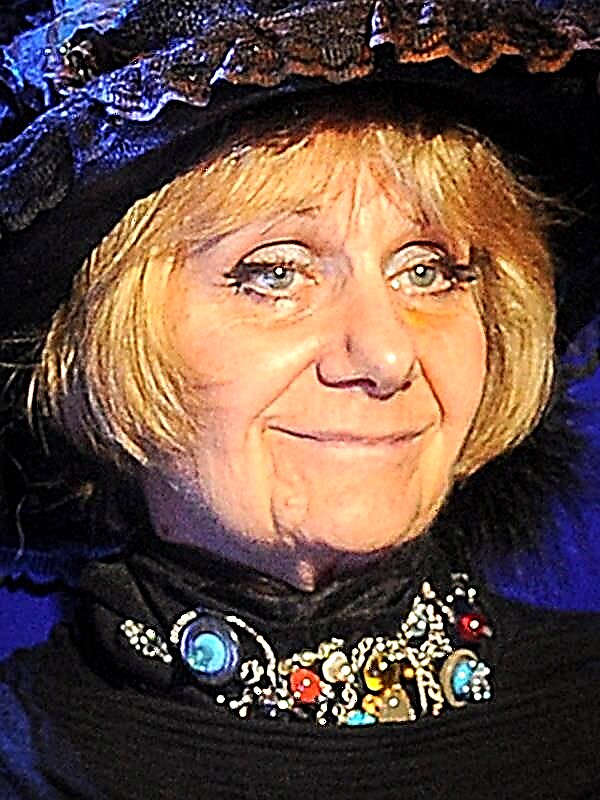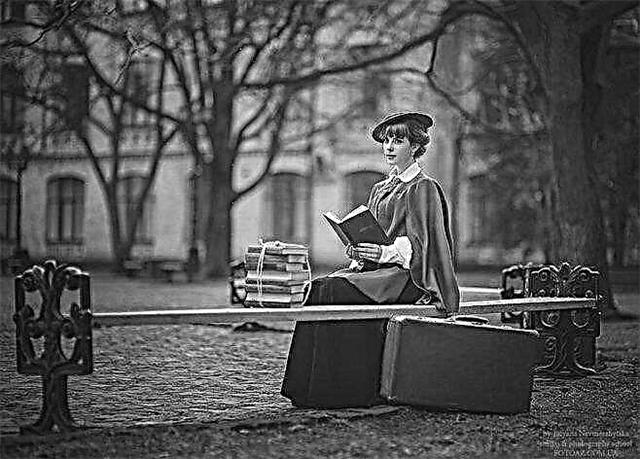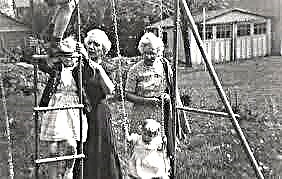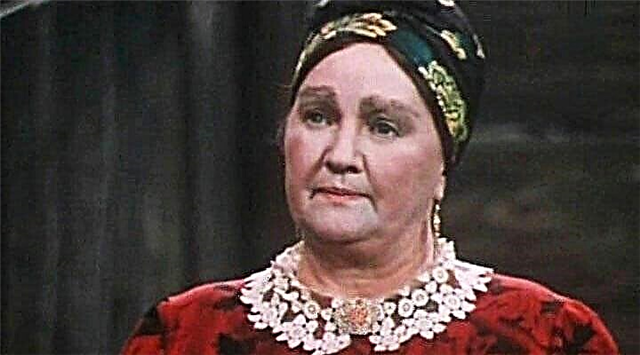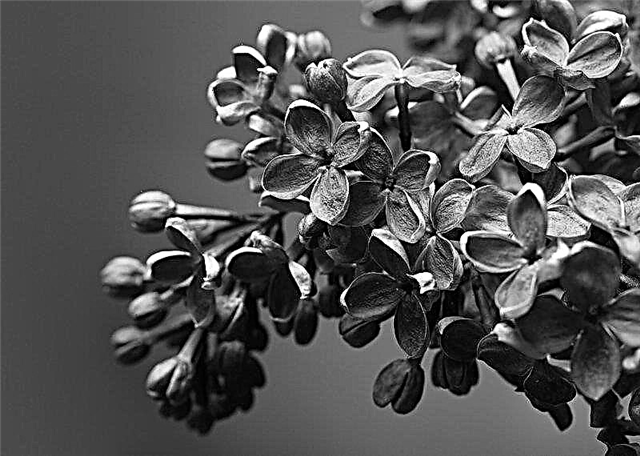1572. In France, religious wars between Catholics and Huguenots are in full swing. There is a fierce struggle for power, in which the interests of three main parties clash - Protestants or Huguenots (it is led by the valiant Admiral Gaspard de Coligny after the death of Prince Conde), the royal party, the weakest of the three, and the party of ultra-royalists of the Dukes of Giza. King Charles IX, following the principle of Louis XI “divide and conquer”, diligently foment enmity between the extreme parties. Most of the nation is drawn into it involuntarily. Passions are heated, clashes on religious grounds constantly occur on the streets, in taverns, private houses, and at court.
A young man from a poor noble family - his name is Bernard de Merge - goes to Paris to serve under Admiral Coligny. He also hopes that he will be introduced to the court. His brother Georges lives in Paris. Bernard, like his father, is a staunch Protestant, and Georges considers the family an apostate because he converted to Catholicism. Along the way, because of his frivolity, Bernard loses his horse and all his money. But the first person he meets is his brother Georges, whom he once dearly loved and which even after his apostasy he cannot be considered an enemy. Georges and his friends invite Bernard to dine. At this moment, a masked stranger rides by on a mule. Georges informs his brother that this is Countess Diana de Turgi, one of the most beautiful ladies at court. Her blue eyes, beautiful black hair and snow-white skin amaze the imagination of a young provincial. Georges brings Bernard home and tells him that the reason for his apostasy was the misbehavior of Prince Conde, who brutally humiliated him. In general, he does not believe in anything, and Rabelais replaces the Bible with him. Just Catholicism is more convenient for him, because, observing external rites, you can not put your soul into religion. Admiral Coligny Bernard is favorably received thanks to his father's letter of recommendation, as well as his courage shown by him - he does not hesitate to print the message brought to the admiral, which others consider to be poisoned, since it comes from the Giza, known for their treachery and hatred for Coligny.
Bernard becomes the admiral’s cornet. The brothers go on a royal hunt, where Georges intends to introduce Bernard to the court. The fee is set at the Madrid Castle. The focus of the courtiers is the beautiful Diana de Turgi. Passing by Bernard, she drops the glove. Roughly pushing Bernard away, she is raised by an arrogant admirer of Diana Comenage. Bernard is told that he must challenge the offender to a duel, which he does. During the hunt, Diana is left alone with Bernard and gives him a miraculous incense. In a duel, frankincense saves Bernard's life - a deadly rapier glides over it and only slightly offends the young man. He kills Komenje with a blow from the Toledo dagger. The wounded Bernard is placed in a secluded house, where a healer who knows a lot about white magic takes care of him. One night, a recovering Bernard accidentally sees a scene of witchcraft - Diana and the healer conjure secret forces to heal Bernard and bewitch him to Diana. However, the young man is already passionately in love. He faces severe penalties for murder in a duel. Georges is trying to get pardon for Bernard, but Admiral Coligny, whom he is asking for intercession before the king, sharply and humiliatingly refuses him. Georges is furious, but does not give free rein to his feelings. Bernard was pardoned by the king at the request of the queen, more precisely - Diana de Turgi.
After the duel, Bernard is noticed at court. He is given signs of attention and a little joke about his provincial naivety. Diana gives Bernard a key and makes an appointment. King invites Georges to an audience. He shows Georges arquebus and, as if by chance, offers him revenge on Admiral Coligny for insulting, killing him with a shot in the back. Georges resolutely refuses. The king orders him after some time to bring to Paris a light-squad detachment, which he commands. Returning home, Georges warns the admiral of the danger with an anonymous note, but Coligny leaves her unattended. On August 22, he was wounded by a shot from an arquebus Morvel, who was nicknamed for it "a killer in the service of the king." Clouds are gathering in Paris, but Bernard in love does not notice anything around. Every night, Bernard and Diana meet in a secluded house. Diana leaves no hope to convert her lover to her faith, but she does not succeed. After a shot at Coligny, clashes arise between young nobles - Protestants and Catholics. A brutal crowd of citizens attacked Bernard, and he only miraculously escaped from death.
On the evening of August 24, by order of the King, Georges brings his detachment to Paris. One of the worst pages in French history is approaching - Bartholomew’s Night. Everything is ready for the action, which is known only to a narrow circle of initiates: the troops loyal to the king are pulled together, militias are armed, and the Huguenots' houses are marked with white crosses. Morvel brings Georges an order, together with his detachment and militias, to exterminate the Protestants, enemies of the king, at night. Georges indignantly refuses, breaks insignia and leaves the soldiers, who are embarrassed by the commander’s act, but overpowering the desire to rob the Huguenots at home.
Bernard goes on a date with Diana. On the way, he meets a Catholic friend, who insists he urgently leave the city. Diana begs Bernard to change his faith, otherwise he will die, like his like-minded people. Fire is already burning in the city and the roar of a frenzied crowd is heard. Bernard is adamant. He is ready to die, but cannot change himself. In the end, Diana says in despair that she loves him even more. Georges appears. He brings a child to Diana’s house, whom the dying mother handed him. Diana promises to take care of him.
The massacre continues night, day and a few more days, from Paris it goes to the province. Killers revel in the blood of dissidents, and Protestants, many of whom have shown miracles of courage in the war, meekly die without resistance. Charles IX himself “shoots game” from his beloved long arquebus. Georges sent to prison for disobedience to the king. Bernard waits a few days in the house of Diana, and then goes to the fortress of La Rochelle, the most sturdy stronghold of the Huguenots in southern France. Together with the determined residents of the city and fugitives like him, he is going to sell his life dearly in case of a siege of the fortress. The king tries to persuade the rebellious city to peace and sends there a friend of Admiral Coligny to the brave warrior Protestant Lana. He leads the defense of the city to arouse the trust of the Laroshelians, and finds himself between two fires. Bernard becomes his adjutant and does not spare himself in risky sorties against the Catholics who besieged the city. One of the attacks is fatal for him. With a group of soldiers, he ambushes a squad of Catholics. When he orders the soldiers to shoot, the leader of the squad is killed with two bullets. Bernard recognizes Georges in him. Georges dies in La Rochelle. A Protestant priest and a Catholic monk dispute the right of last communion, but Georges refuses it. Before his death, he utters bitter words: "I am not the first Frenchman whom the brother killed ... I believe that I am not the last." And then, to console Bernard: "Madame de Turgi asked me to convey that she still loves you." Bernard is inconsolable. After some time, La Rochelle leaves Lana, the royal army lifts the siege, sign the world, and Charles IX soon dies. The author invites readers to decide for themselves what were the further fate of Bernard and the beautiful Diana de Turgi.


